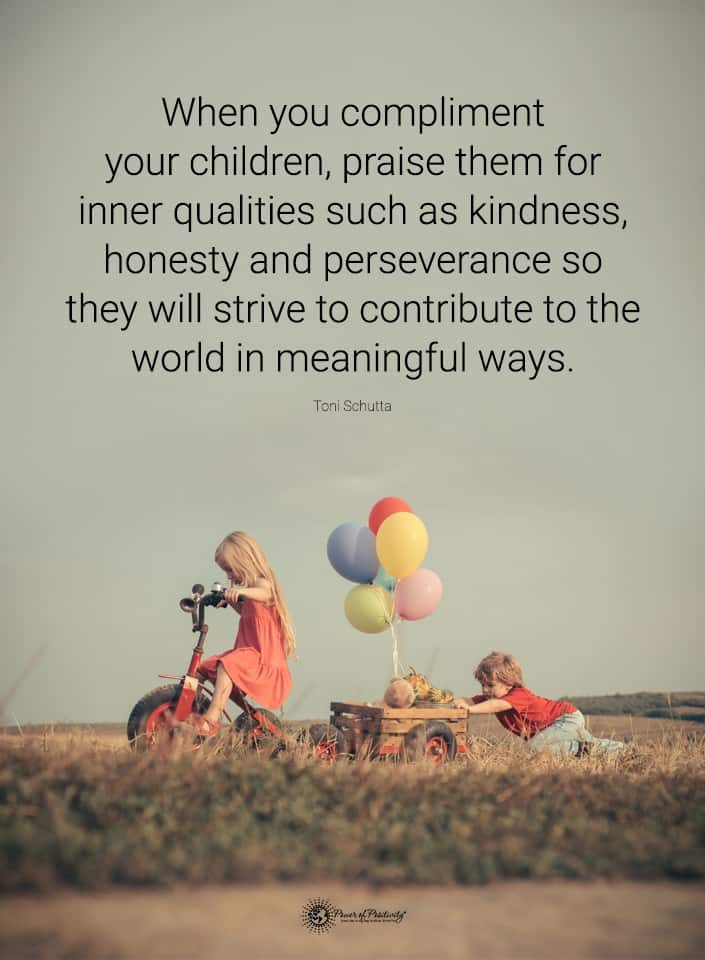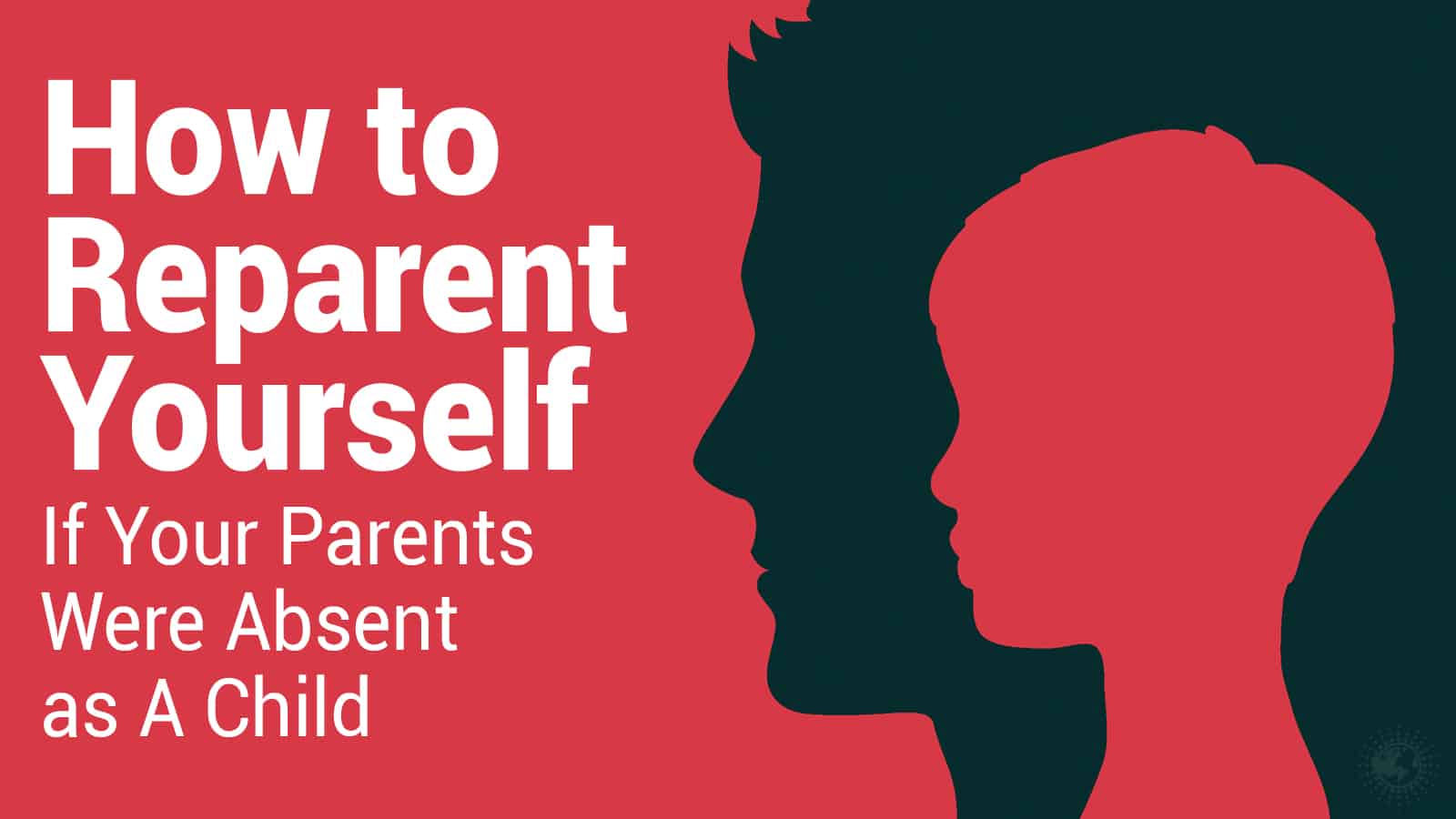Punishment has been a part of raising children for centuries. But recent research has shown, time and time again, that it may actually be ineffective. Not only is it often counterproductive, but it can also create long-lasting emotional scars. Chances are that you have some of your own from how your parents raised you!
But if you’re not going to use punishment, what forms of discipline are acceptable? Here are four positive ways to teach your kids how to behave without punishment.
1. Model The Desired Behavior
Children have a tendency to copy the behavior that they see. You can use this to your advantage when teaching them by modeling the behavior you’d like them to learn and remember. This is because:
- Observation has a positive role in the early education of children; it helps kids to learn when they can see what to imitate.
- Younger children often want to be like their parents, and copying your actions will allow them to do that.
- Older kids may begin to question why they aren’t allowed to do something that you’re allowed to do; the whole “because I said so” phrase doesn’t really work, and as they get older, most children will question it!
- When your children aren’t sure what to do, they may default to doing what they’ve seen you do before.
- You don’t have to spend a lot of time specifically teaching your kids every single detail if you allow them to learn by example.
Of course, this is easier said than done. Many parents realize quickly that their children are their mirrors, but it’s hard to control your actions perfectly around kids even when you’re trying your best and using all your positive thinking. That’s why you should also model behaviors that show you in the wrong and how you correct yourself.
 For example:
For example:
- Apologize when you make mistakes, especially to your child or to other members of your family.
- Actively work to make up for wrongdoing or mistakes and let your child see how you do so.
- Allow yourself to continue to be flawed and show your child that flaws are normal and part of being human; they do not have to strive for perfection, only to do their best as you do!
- Show forgiveness to others to demonstrate that your child will be similarly forgiven when they apologize for their mistakes and make up for them.
2. Express Your Faith In Their Goodness
Children misbehave, but that’s not something that should define them. They’re not a “troublemaker” or a “problem child”, or even just “stubborn” or “a crybaby”. Sure, kids do all sorts of irrational things, but that’s just part and parcel of being a small child with a developing brain!
Basically, your kid is more than who they are when they do bad things or make a fuss, but if they already have a long history of getting in trouble, they begin to define themselves that way. They may feel frustrated because they always seem to do bad things and get admonished, or they may think that’s just who they are.
How do you counteract this? Well, when you begin a lesson, correction, or any form of discipline, express your faith in your child’s goodness first. This means explaining that you know they didn’t mean to do something wrong, or that you think this negative behavior is out of character given the positive traits they have.
For example:
- Instead of saying “Stop being such a bully and pushing your sister around!”, say “You’re normally such a kind and caring person… I saw that you were pushing your sister around.”. Then, redirect them to: “Your sister looks very sad. Can you think of anything that might have upset her?”
- Instead of saying “Why are you so lazy? You should have remembered to bring your toys back in! I’m taking away your toys until you learn your lesson.”, say “I know you didn’t mean to, but your toys were left outside and they got rained on.” Then, redirect them to: “Your toys need to be dried and then kept properly. While you’re doing that, try and think of some ways that can help you to remember next time.”
- Instead of saying “You took your friend’s book home with you? You’re such a little thief!”, say “You probably didn’t know this was bad, but bringing home your friend’s things without their permission is not allowed.” Then, redirect them to “Let’s write an apology note to your friend and make sure to give the book back to them tomorrow. Can you tell them that you understand now that you need their permission before you take things?”
This way of handling a child’s misbehavior ensures that they understand the wrongness of their actions without making them feel like they have to defend themselves or be labeled as “wrongdoers”. You’re allowing them to see that you believe in their ability to correct their mistakes, learn from them, and do the right thing in the future. This positive thinking will motivate them to do better.
3. Allow For Natural Consequences
Punishment involves imposing consequences on children to “show them” the results of their actions. But the reality of life is that all actions already have consequences naturally. Allowing these consequences to occur can promote learning, as your kids have to learn from their mistakes if they want to avoid further problems. You don’t need to do anything yourself – just let natural consequences take their course.
Of course, make sure these natural consequences are safe and reasonable for your child and their age! Sending a child to bed without dinner because they didn’t come down in time isn’t acceptable, for example, but letting them have the leftovers that may not have been their first choice is. Or, if your child insisted on not wearing a jacket but it’s now very cold for them, take them aside and guide them to understand how their decision is now affecting them, and then give them something to warm them.
 4. Praise Them For Doing Positive Things
4. Praise Them For Doing Positive Things
Children love receiving attention, and while they’re still cultivating healthier intrinsic motivation, they can learn through praise as a means of getting that attention. Praise has consistently more positive effects on a child’s behavior, motivation to learn and correct themselves, and general development and improvement than criticism and punishment.
When you punish a kid or yell at them for doing bad things, you’re telling them, “If you do this bad thing, I will give you attention”. They will begin to perform negative actions and act out as a means of receiving even negative focus from you. As such, this kind of explosive shouting and punishment can reinforce behavior.
On the other hand, when you praise a child, you’re showing them that the things you care most about and will give them attention for are the good things that they do. If they want your attention, they have to do positive things, or at least approach you in positive ways.
So how can you put this knowledge into action? There are a few ways:
· Make An Effort To Notice Positive Things
It’s natural for human beings to notice bad things before good ones, and parents fall for this too. It’s hard to take note of the tiny good things your child does, but their misbehaviors stick out a lot! Try and keep your eye on positive things and make nice comments about them. For example, “You’re being very responsible by putting your jacket away”, “I saw that you helped your brother. Good job!”, or “You’ve done very well on your schoolwork, and I’m very proud of you!”
· Don’t Be Sarcastic About Praise
A lot of parents make the mistake of being sarcastic when their child finally displays the desired behavior. This is especially true for older children and teenagers. When you do this, you’re telling your child that whether they do what you want or not, they’ll get a bitter remark for it, making the situation hopeless. For example, don’t say “Oh, look who finally decided to leave their room and say hello to their aunt. You’d think I never taught you manners!”. Instead, say “I’m so glad you came out to say hello to your aunt! Thanks for joining us!”. Later, you can praise them in private: “I know it was difficult for you to come out and say hi to your aunt. I’m really proud of you for doing that and it was really good to have you around with us.”
· Ignore Mild Misbehavior
As previously stated, kids misbehave for attention. They don’t care if the attention is positive and negative, especially if they’re younger. So when a child does small acts of rebellion, like whining and complaining loudly, poking at furniture, or making a fuss about not getting what they want, just look the other way. Your child will learn that if they want attention, they need to ask nicely or be polite.
· Praise Over Punishment
There are times when praise isn’t possible, but you still need to correct your child. In this time, don’t give your kid explosive reactions, simply gently teach them how to do things right. For example, don’t say “Stop picking the cup up like that! You’ll spill all the juice and it’ll go to waste and make a mess!”, as your child may just continue picking the cup up to get attention.
Instead, show them an alternative way. “See, this is how you can hold a cup safely. Put your hands here and be careful when it’s full. That’s how you can pick up the cup.” Then, ask them to demonstrate it for you. When they do it well, praise them: “Good job! You’re picking it up correctly! I knew you could do it!”.
Then, for a while in the future, when they pick the cup up well, point out that you notice: “I see you’re picking up your cup safely. Good job! I’m proud of you for learning.”
While you shouldn’t overdo the praise, you also should be focusing on praise over critique. Do note, of course, that studies show that too much praise can be bad for children – and anyone of any age! Praise as appropriate and don’t exaggerate.
 Final Thoughts On Positive Ways To Teach Your Kids To Be Obedient Without Punishment
Final Thoughts On Positive Ways To Teach Your Kids To Be Obedient Without Punishment
Science has shown that punishment is an ineffective way to teach obedience to children. By adopting new methods for discipline, you can help your kids grow in a more positive way while retaining their respect towards you.
The post 4 Positive Ways To Teach Your Kids to Behave Without Punishment appeared first on Power of Positivity: Positive Thinking & Attitude.





